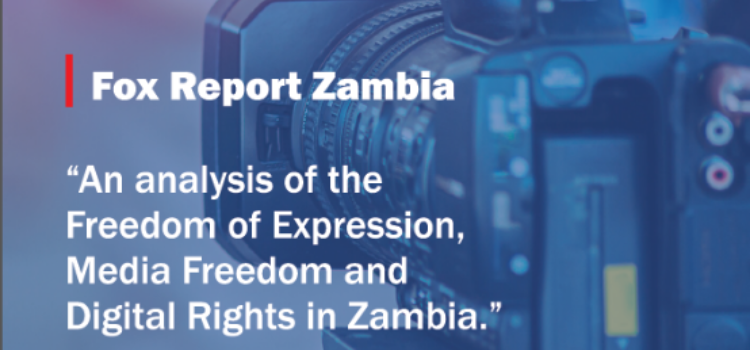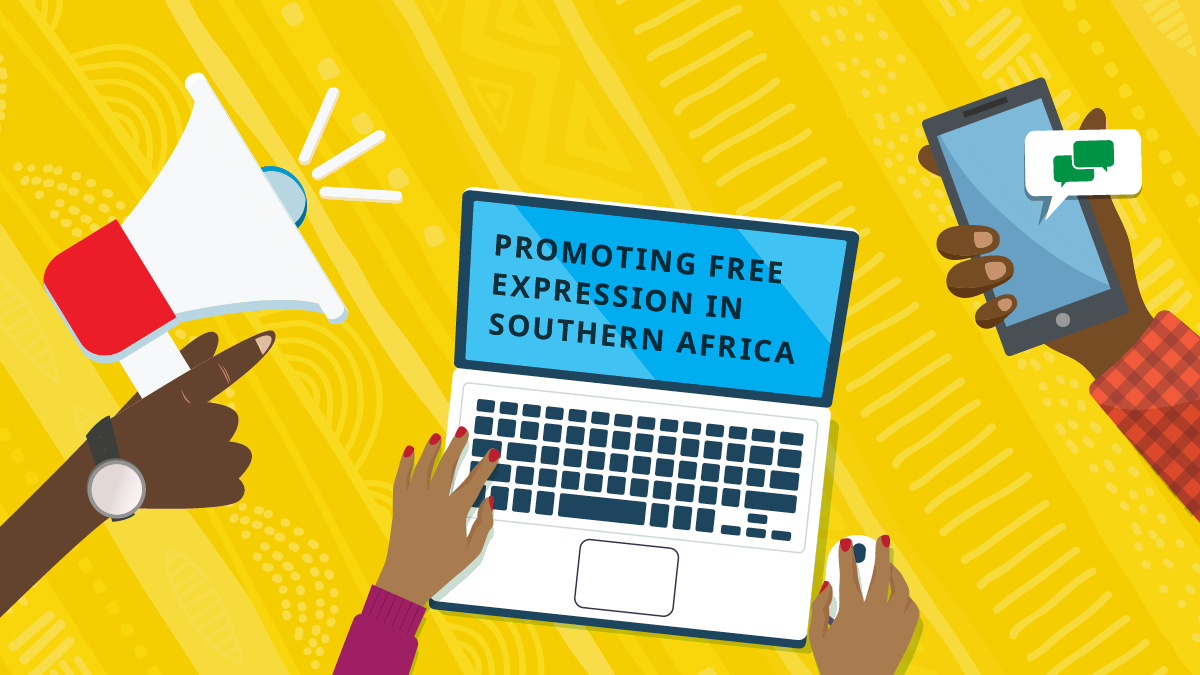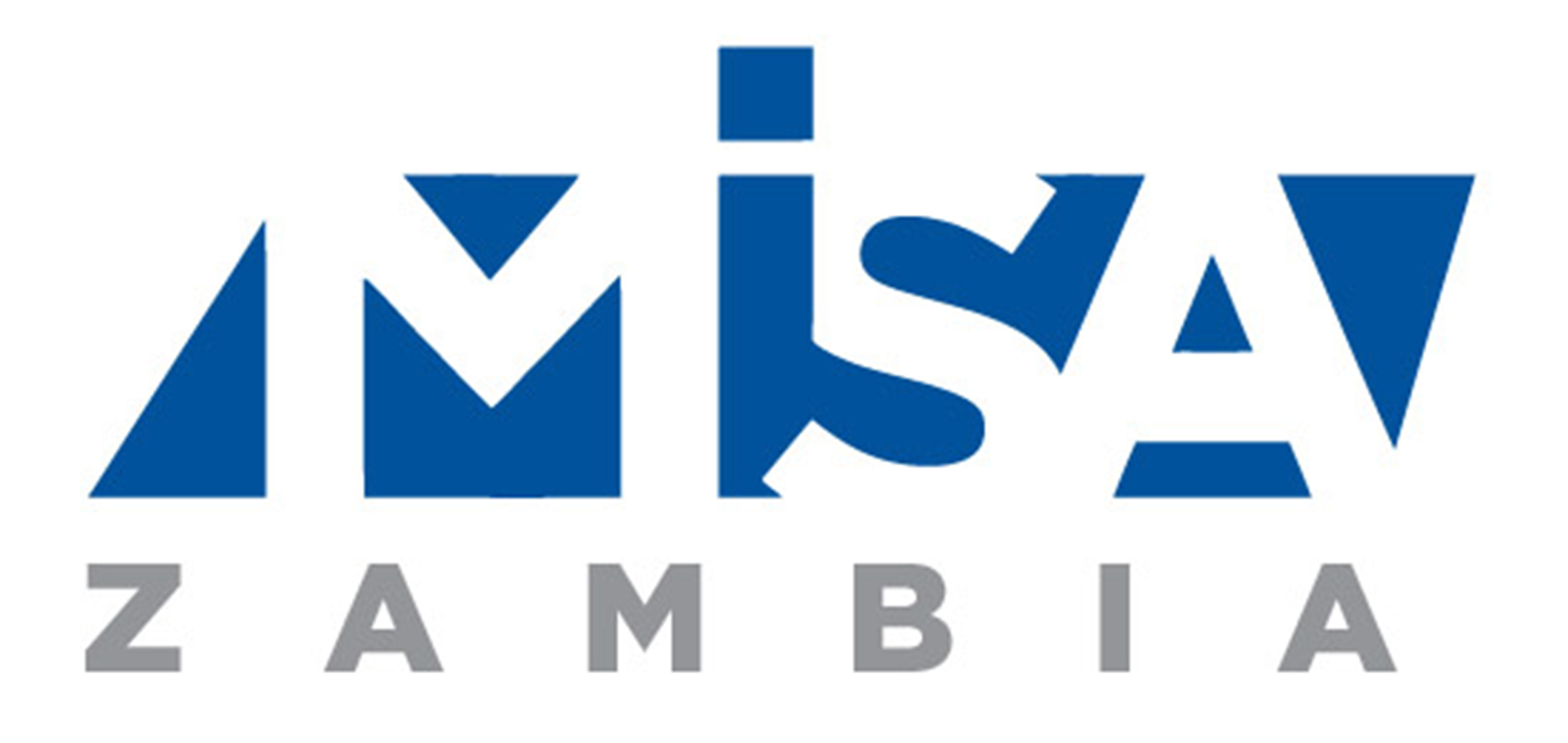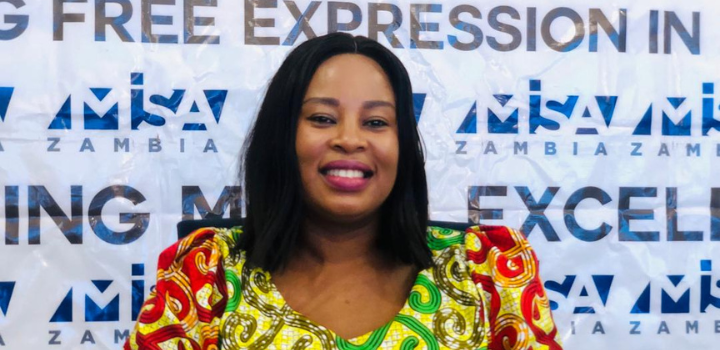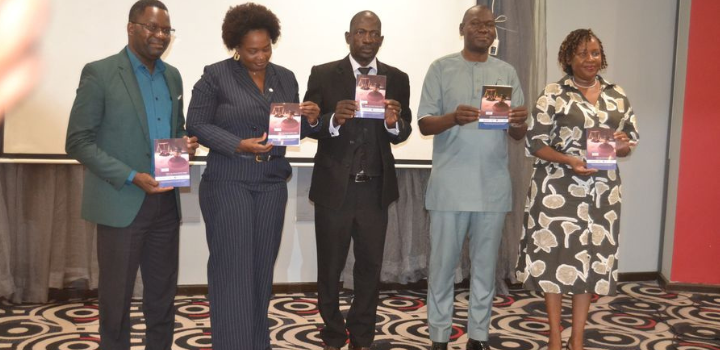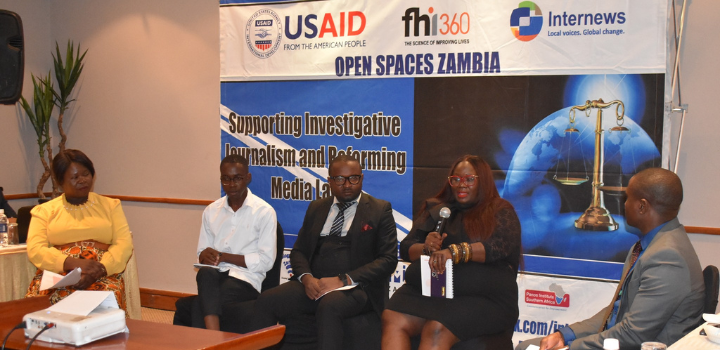The Freedom of Expression (FOX) Report in Zambia is the first of its kind that MISA Zambia has produced under the USAID ‘Open Spaces Zambia’ Project and analyses the current State of Media Freedom, Freedom of Expression and Digital Rights in Zambia.
The FOX Report also highlights the current legal and policy issues inimical to the enjoyment of these freedoms. This report is very instrumental in aiding decision-making during policy review and formulation.
The report covered a period of six months – January to June 2022 and drew respondents from the 10 provinces of Zambia covering a total of 283 participants which included journalists, media bodies, bloggers, media lecturers, civil society organizations, and political parties and human rights defenders.
Download the report here.
Highlights from the Report
Below are key highlights from the Report;
The State of Media Freedom and Freedom of Expression
- Journalists attested being given space to operate by the new Government.
- Private media is free to cover State
- Media is free to cover opposition political parties without interference.
- No media house has been closed or had its broadcasting license suspended by the Independent Broadcasting Authority (IBA).
However, the existence of the following laws continued to restrict media freedom, freedom of expression and digital rights.
The State Security Act
- Limits media freedom and freedom of expression through its provisions on classified information and espionage (access to protected places). The Act limits media freedom and freedom of expression through various restrictions it imposes on public gatherings.
The Penal Code
- The Act limits freedom of expression, media freedom and digital rights through Section 69 that criminalizes Defamation of the President, Section 53 that gives power to the president to declare some publications “prohibited” and Section 57 that considers certain intentions as seditious practices.
The IBA ACT
- The Act gives power to the Minister of Information and Media to appoint the IBA Board (control of the media by government). More than half of respondents (54.1%) do not support IBA’s licensing of the broadcast media in Zambia.
Lack of ATI Law
- Access to Government information remains a challenge as reported by 77% of journalists. This is attributed to bureaucracy and lack of decentralized information channels in Government.
- Majority of journalists (75%, 150) reported to have poor access to Government officials especially Permanent Secretaries and Ministers for news, radio and television programs.
The report findings show that 34 out of 200 journalists have been intimidated, harassed and threatened in the last 6 months in Zambia including two media houses (KBN TV and Kasempa Radio Station in North-Western Province).
Overall, majority of respondents (73.6%) perceived the state of media freedom to be moderate compared to 54% who said freedom of expression was also moderate in the period under review.
The State of Digital Rights
- The current state of digital rights enjoyment has been rated moderate by more than half of respondents (55.6%) due to the cost of devices and internet services, lack of access by rural populations and the enactment of the Cyber Security and Cyber Crimes Act.
- Majority of respondents (75%) indicated that government is not doing enough to protect digital users in Zambia citing the number of unsolicited messages received in the past.
- Findings show that 55.9% of bloggers interviewed understand digital rights while 44.1% do not.
- The knowledge of cyber laws is very low. Our findings show that more than half (62%) of bloggers that took part in the survey do not know these laws.
- However, verification of content shared on social media is high. Findings show that 81% of interviewed bloggers verify information before posting on social media.
- Censorship is also high to ensure that the content shared is newsworthy, useful and does not affect the credibility of platforms.




